Allan Sekula was one of the most important figures in modern photography of the second half of the twentieth century. His work focused on a critique of the links that photography has always maintained with the economy, work and the politics of representation. From his beginnings in the seventies, Sekula became a reference by incorporating textuality into photography in a way that had been previously denied it by modern art. His book Photography Against the Grain: Essays and Photo Works, 1973–1983 (1984), a key work of the new photographic discourse of the late twentieth century, enshrined him as one of the least orthodox historians of the medium.
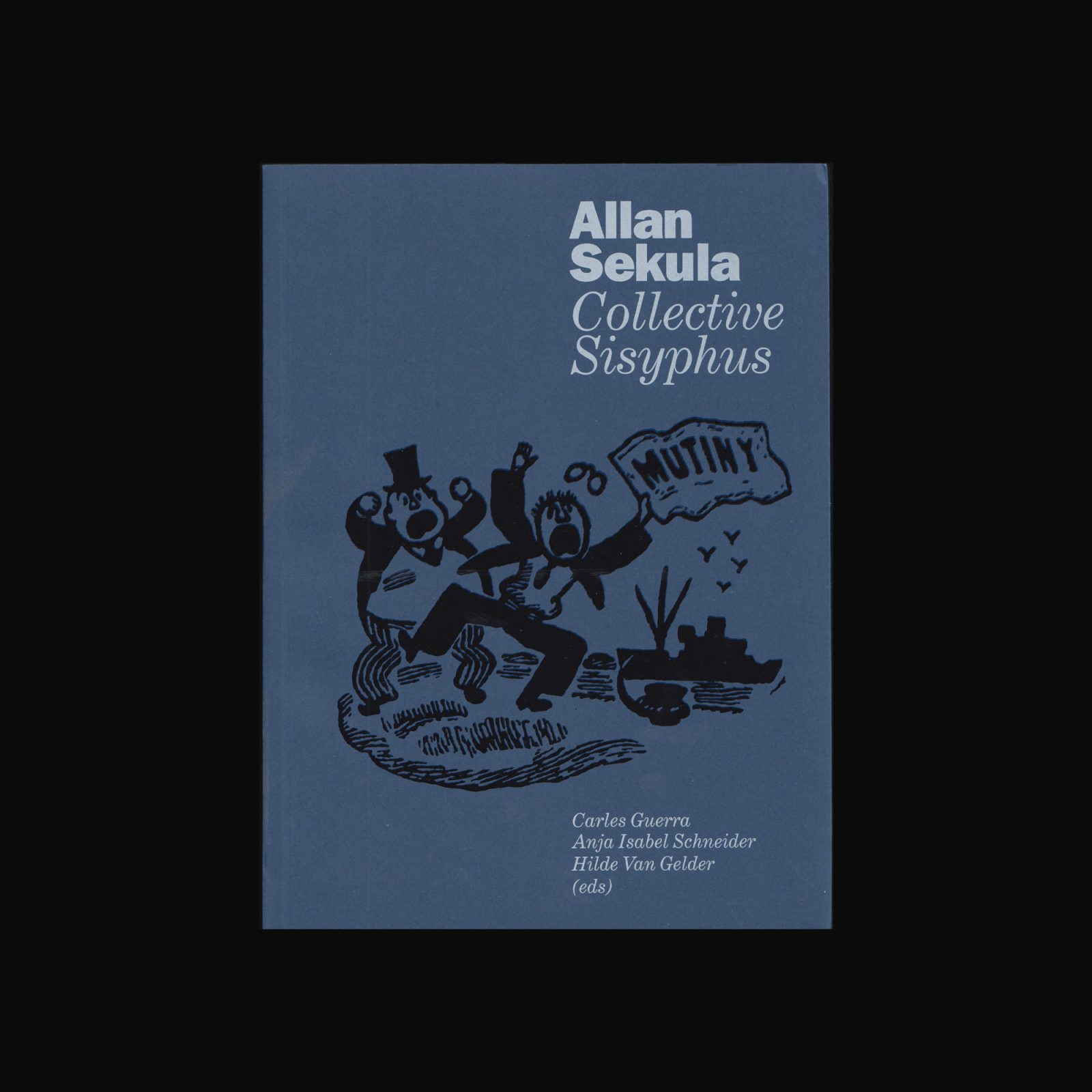

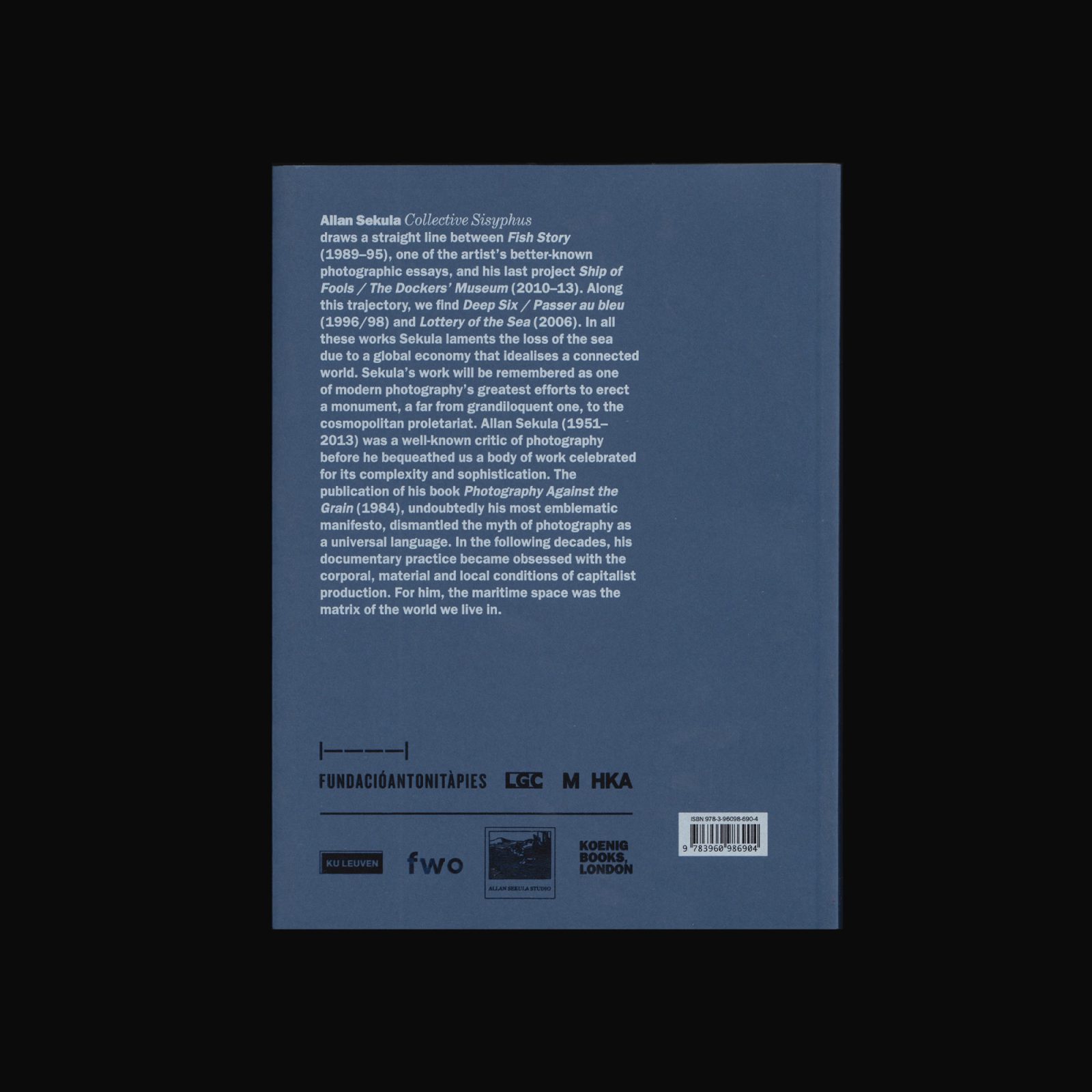
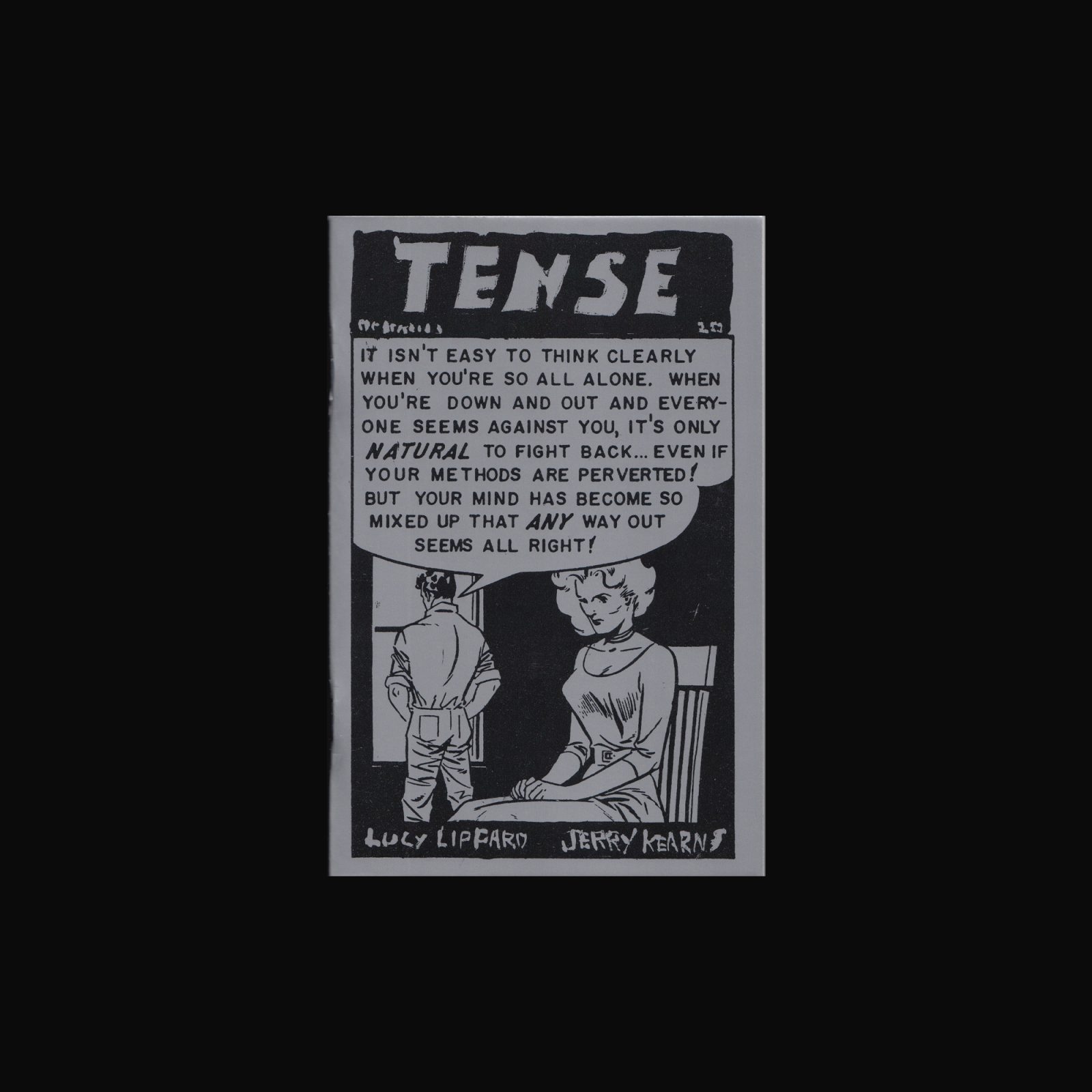
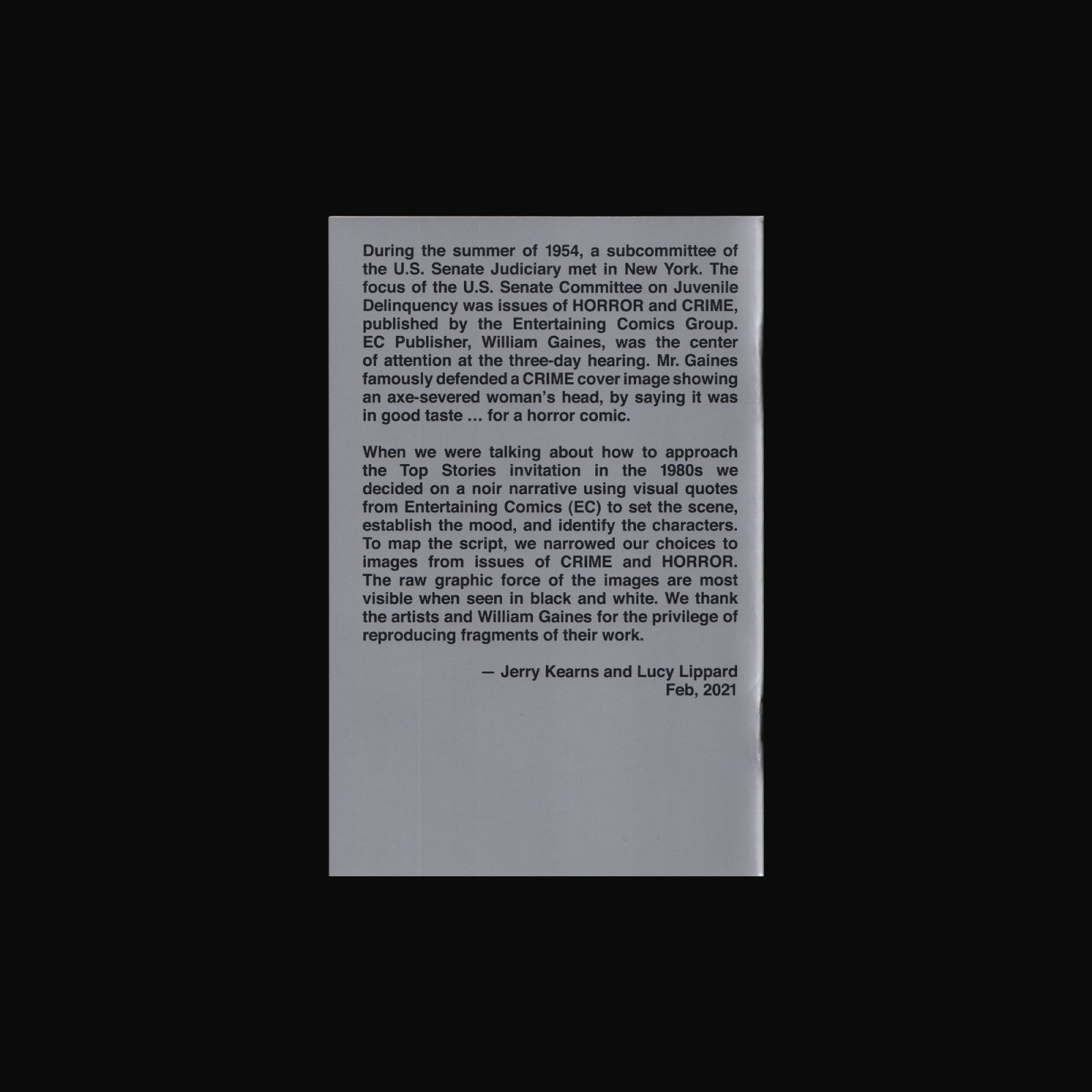
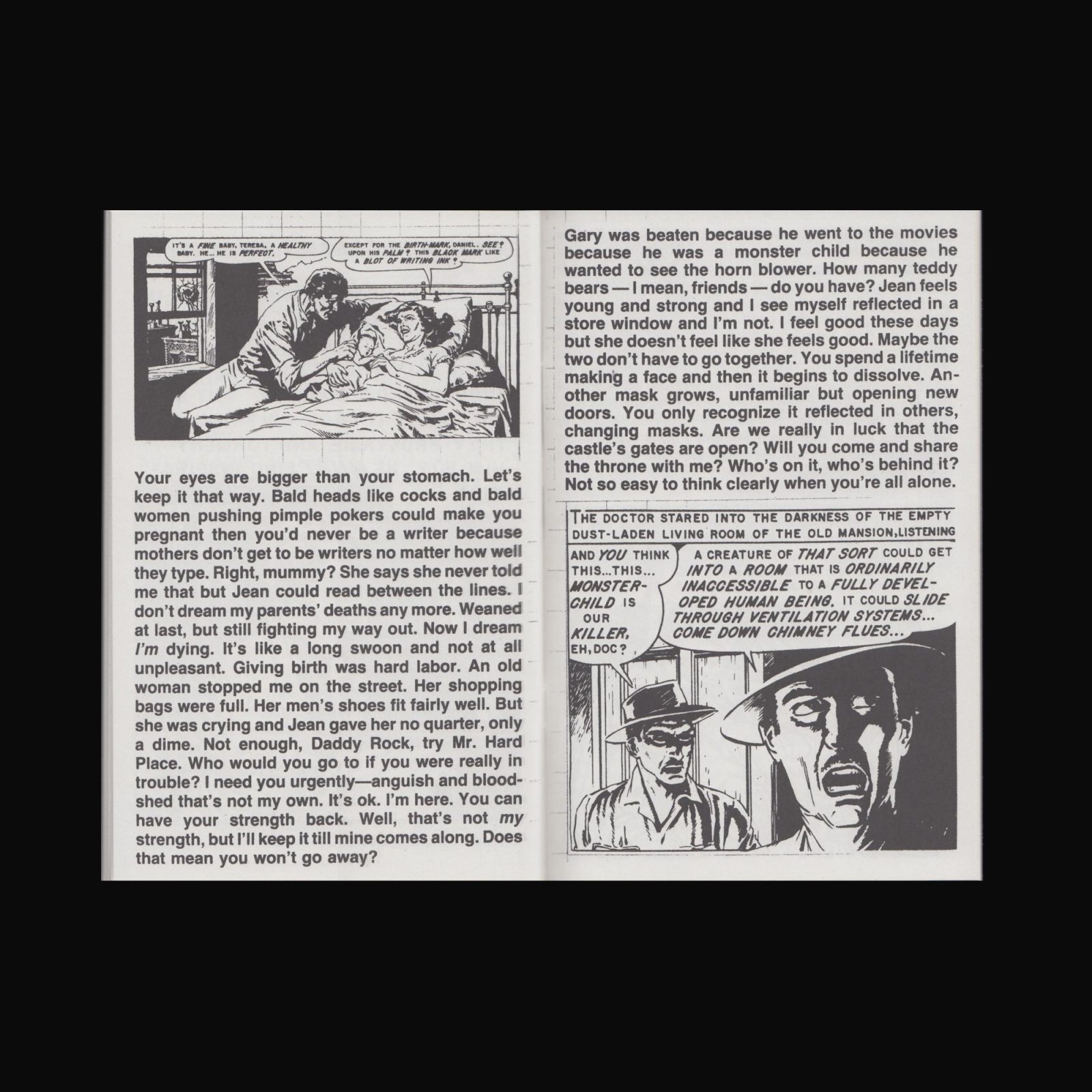
Tense is a never-realised title, originally intended for the Top Stories series. It was created by Lucy Lippard and Jerry Kearns in the early 1980s but published only now by Kunstverein Publishing, Amsterdam. The original edition was printed to accompany the exhibition Top Stories which focused on the publishing work of Anne Turyn at Kunstverein, Amsterdam, 2 April–26 June, 2021.
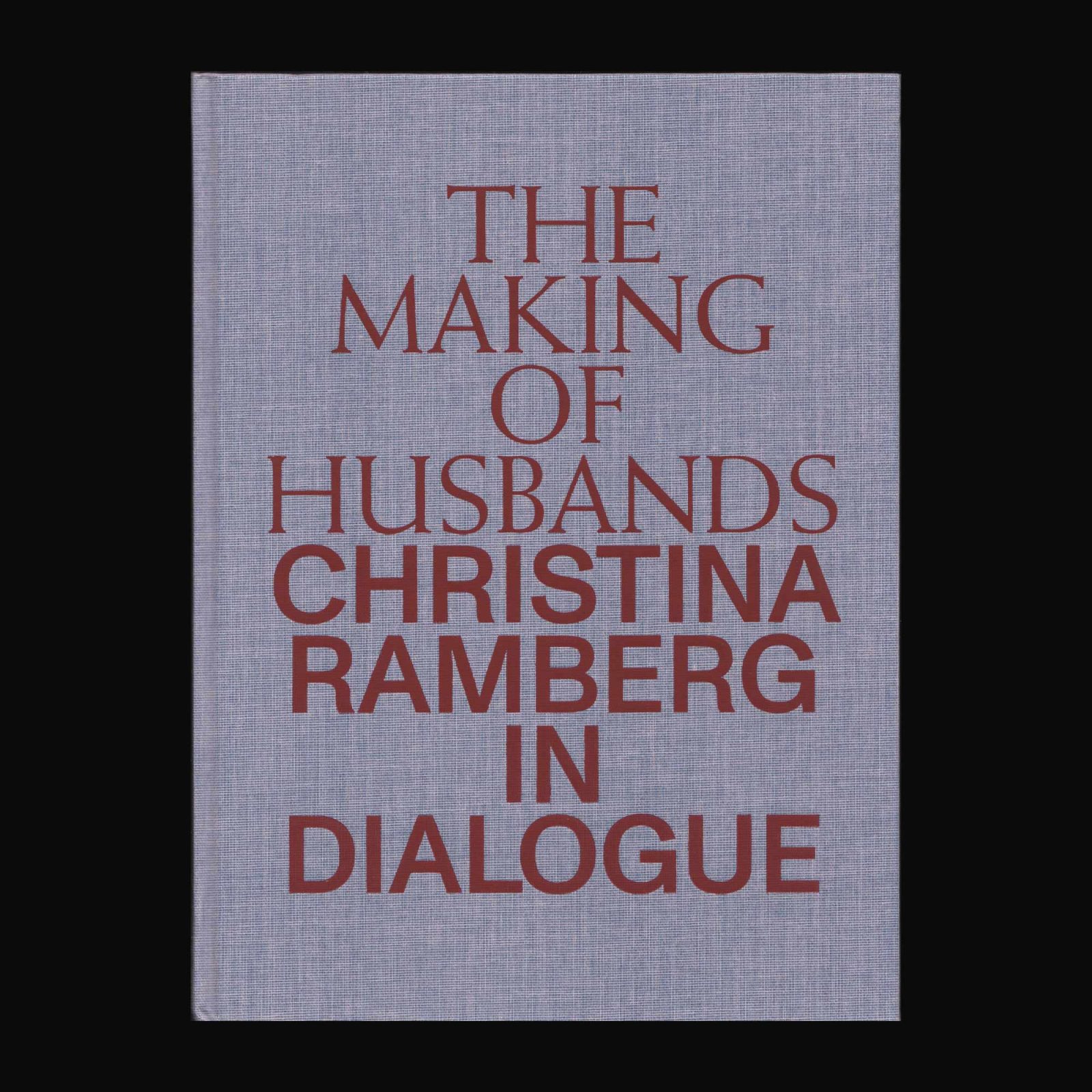

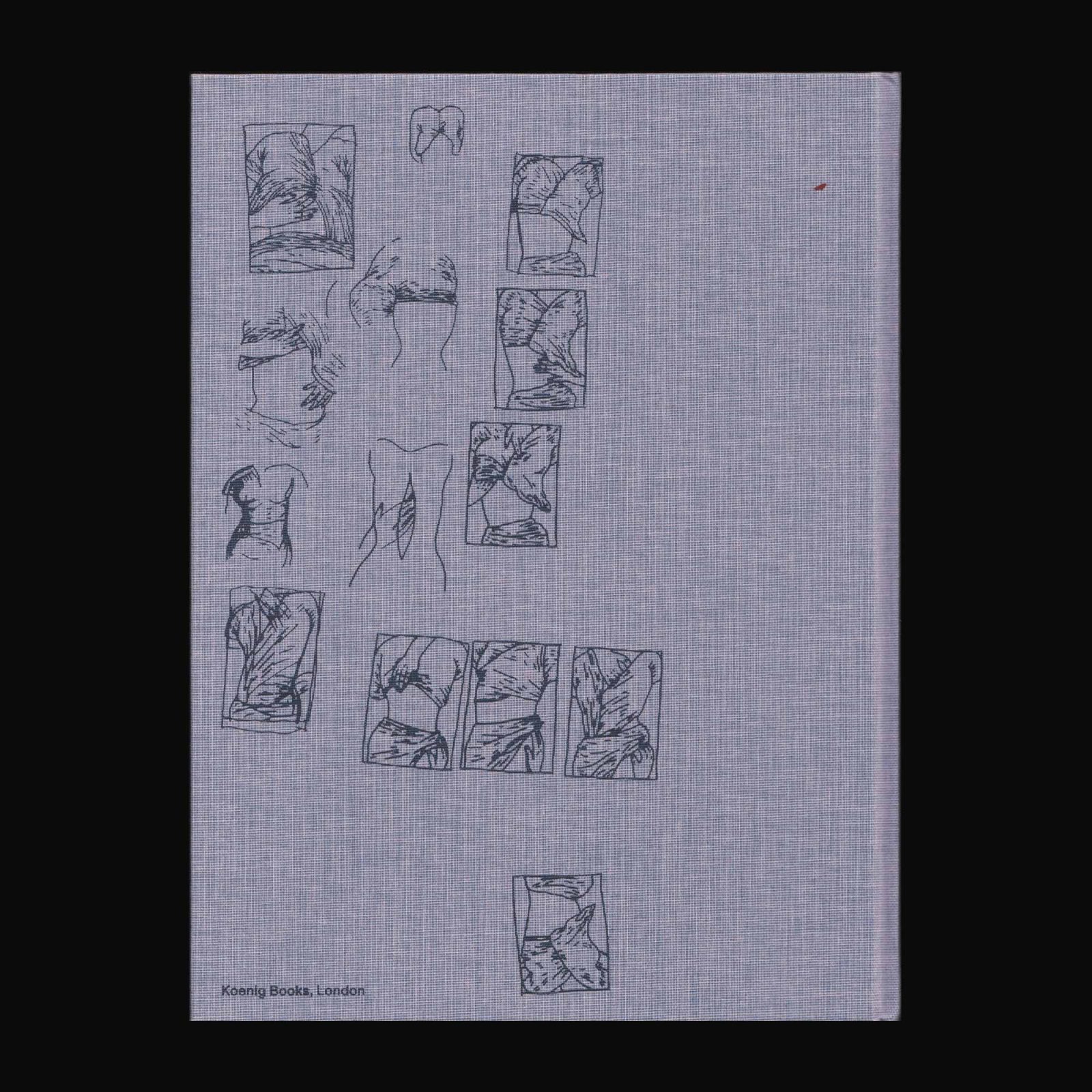
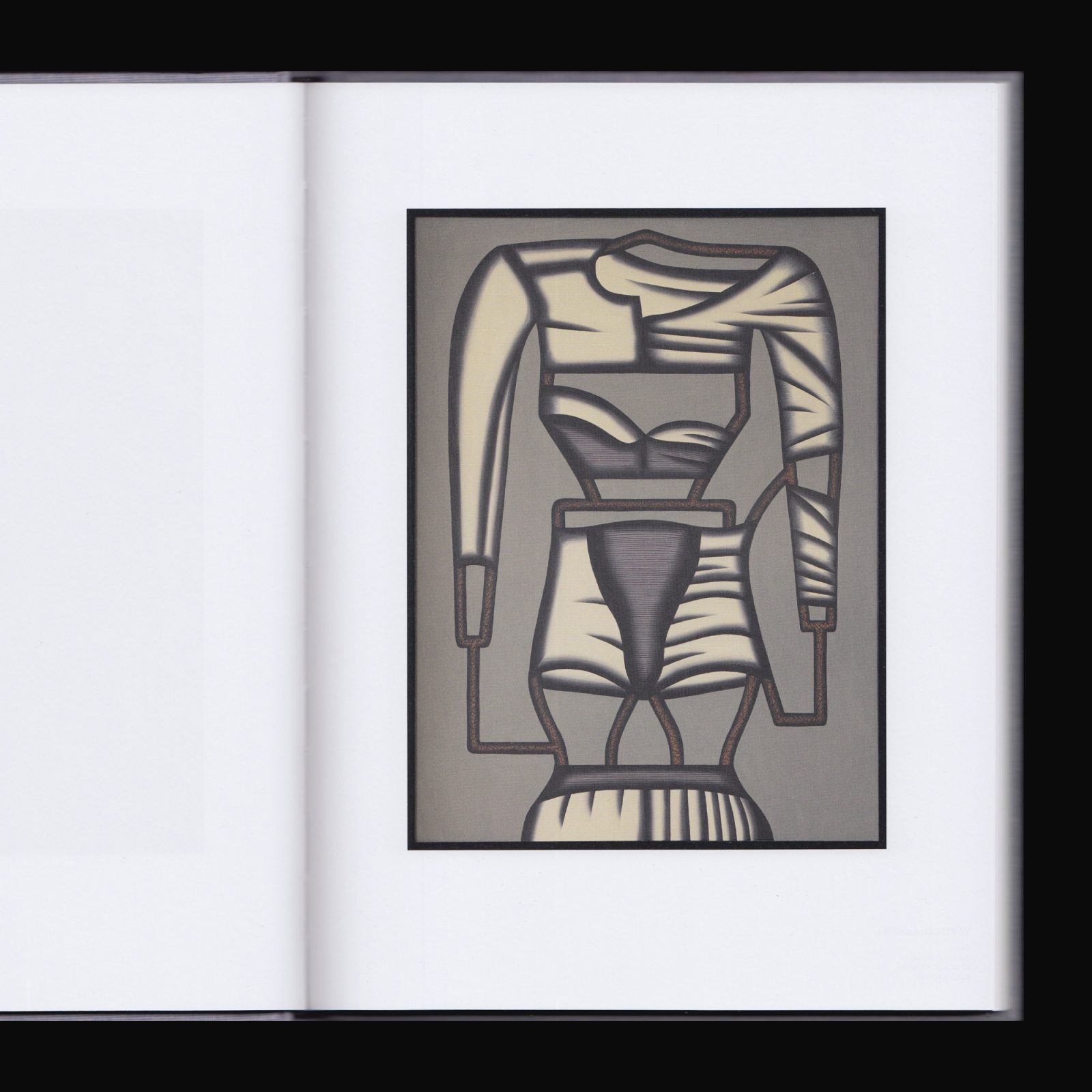
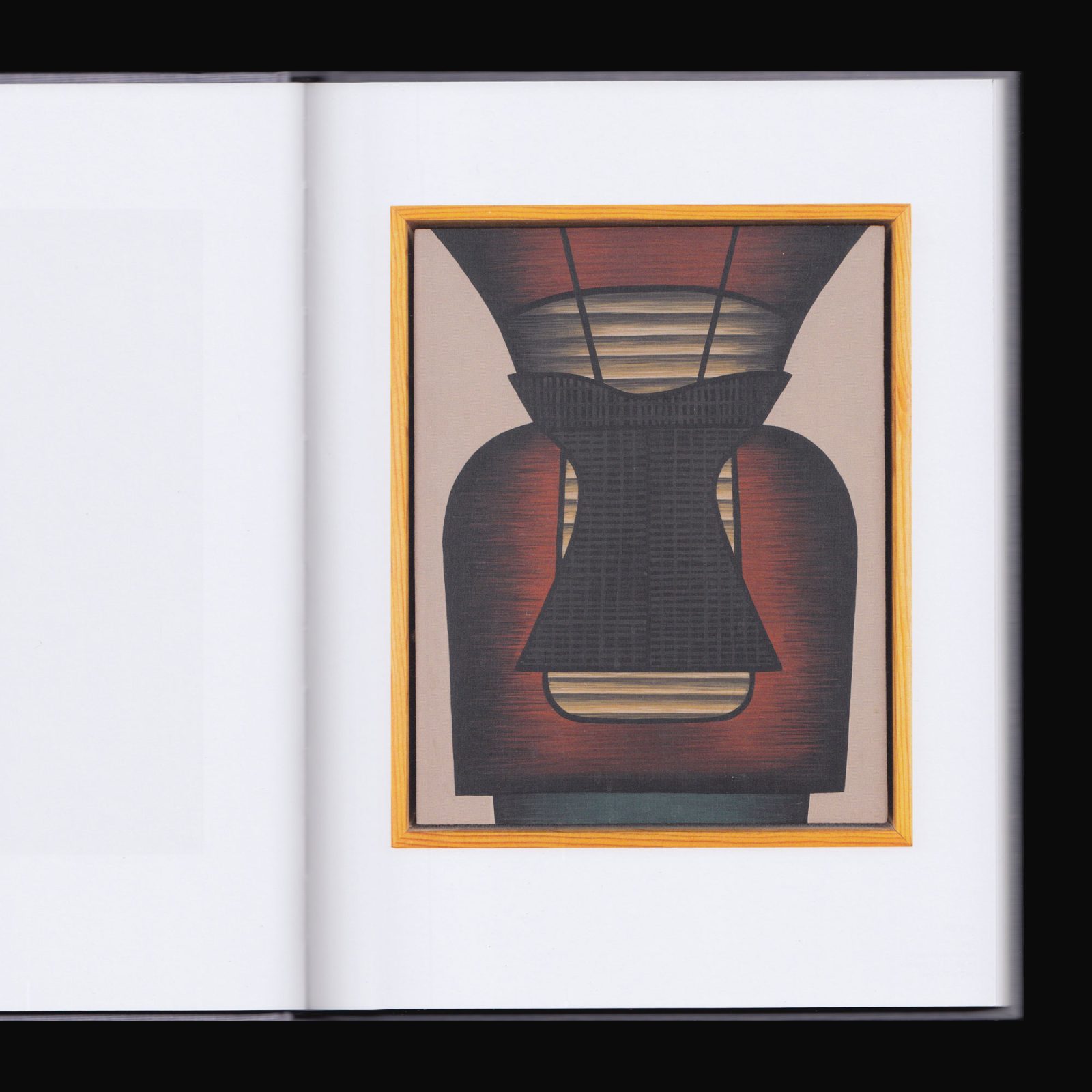
“Containing, restraining, reforming, hurting, compressing, binding, transforming a lumpy shape into a clean smooth line,” is how American artist Christina Ramberg once described the drawings of corsets in her sketchbooks. Ramberg was one of the most intriguing painters to emerge within a generation of Chicago Imagists. She left a significant body of comic, formally elegant, erotically sinister paintings.
Produced on the occasion of The Making of Husbands: Christina Ramberg in Dialogue at KW Institute for Contemporary Art, Berlin, 14 September, 2019–5 January 2020. Christina Ramberg’s work was shown alongside of other artistic positions such as Alexandra Bircken, Sara Deraedt, Gaylen Gerber, Frieda Toranzo Jaeger, Konrad Klapheck, Ghislaine Leung, Hans-Christian Lotz, Senga Nengudi, Ana Pellicer, Richard Rezac, Diane Simpson, Terre Thaemlitz, Kathleen White.
With texts from Dodie Bellamy, Kathrin Bentele, Jen George, Larne Abse Gogarty, Anna Gritz, Judith Russi Kirshner & Léon Kruijswijk.
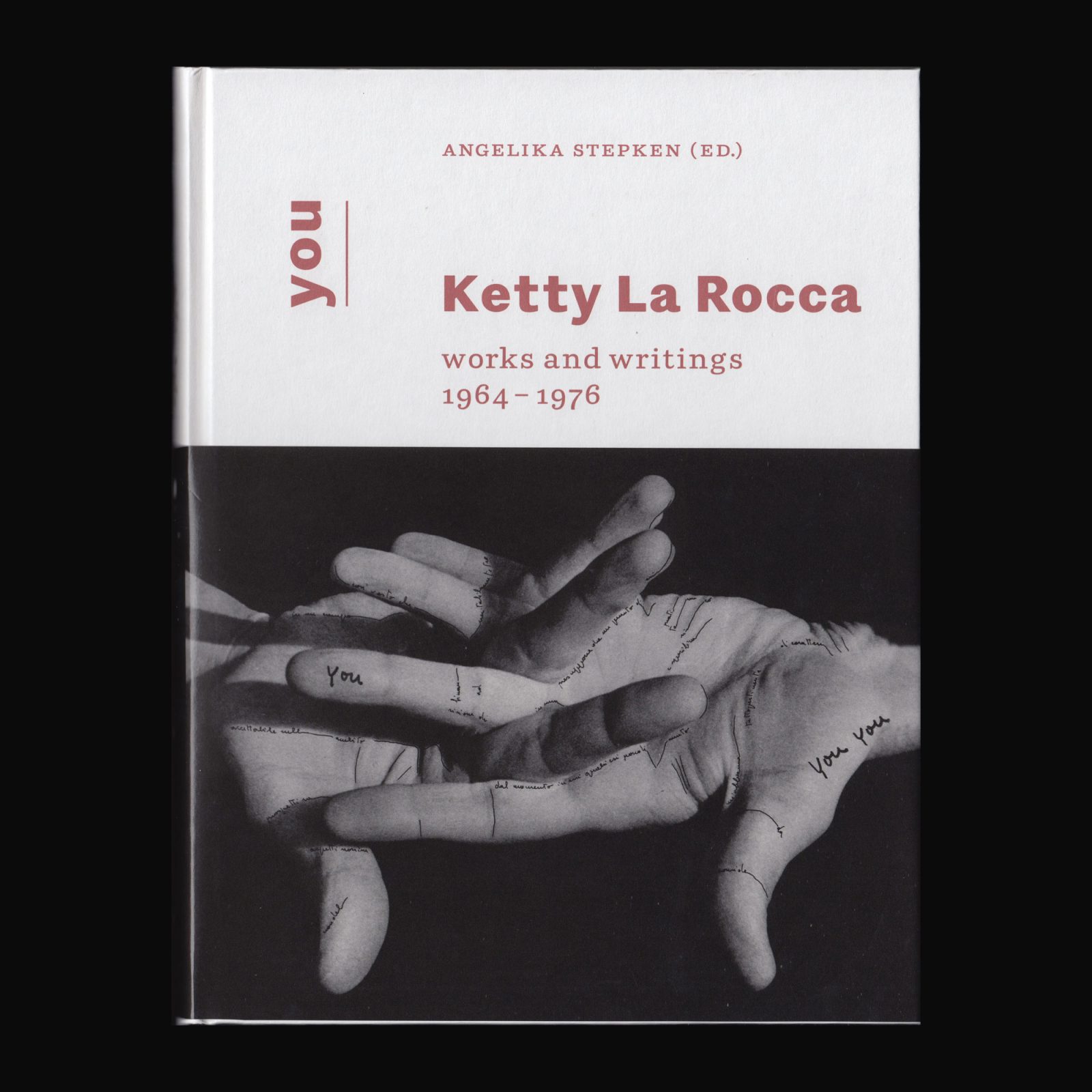
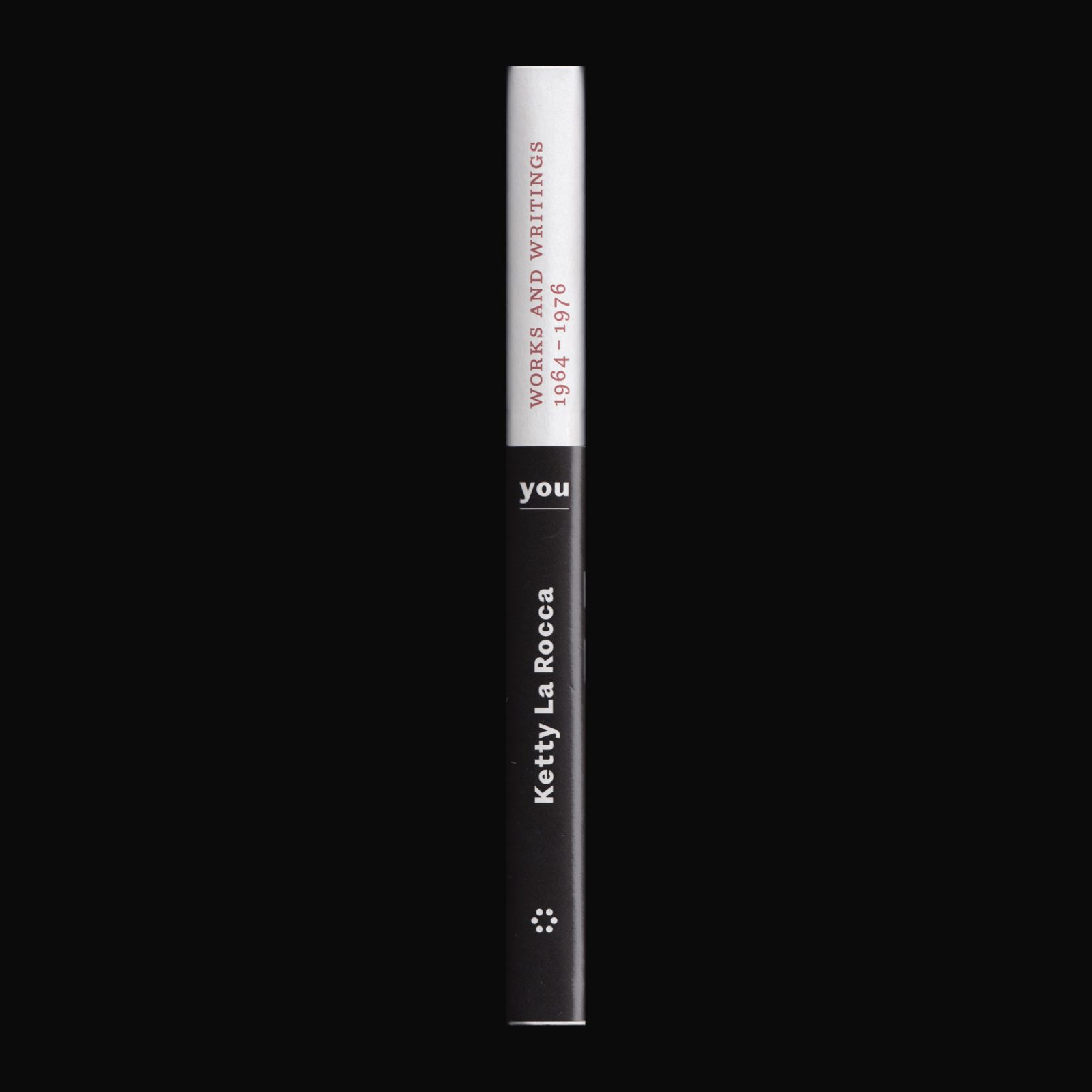
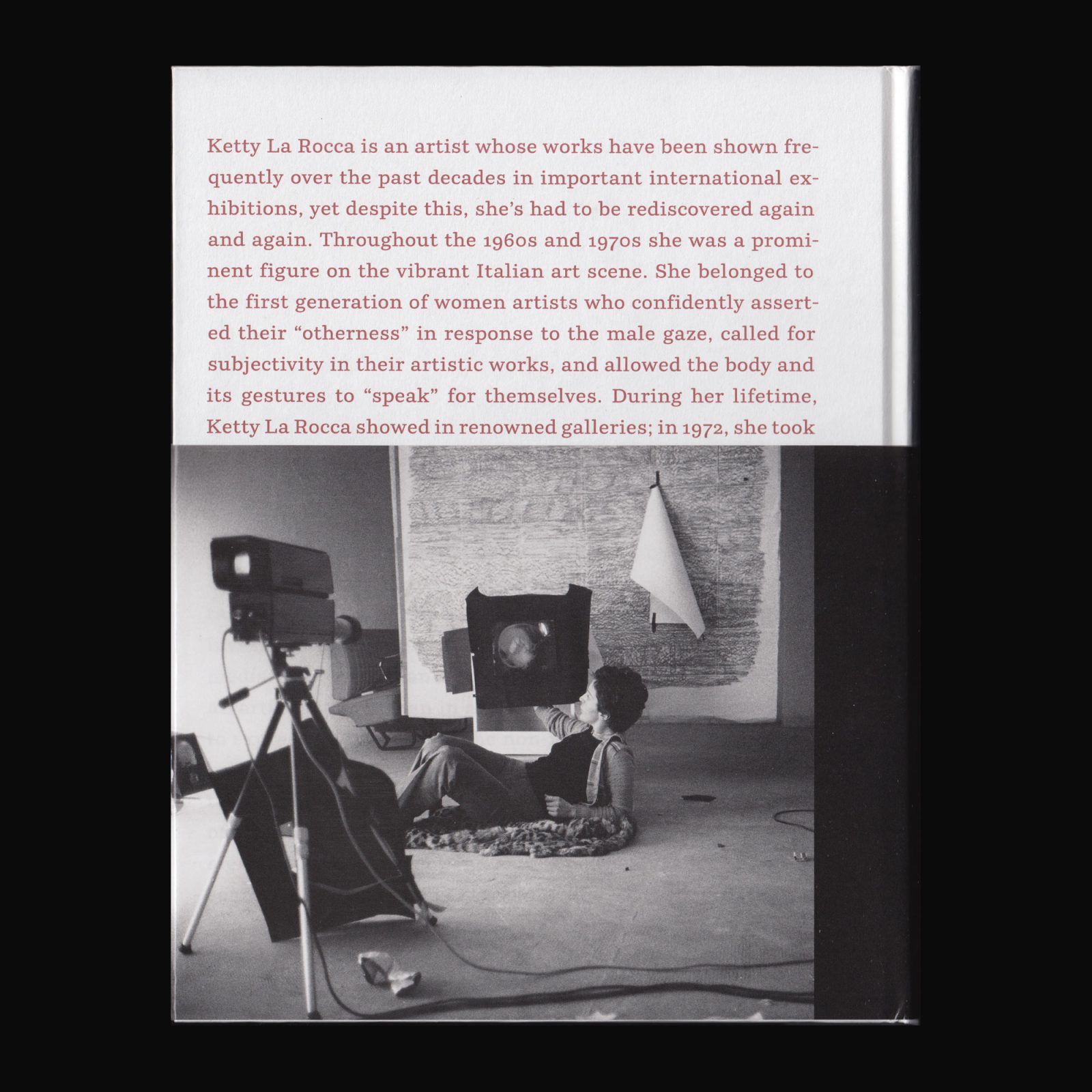
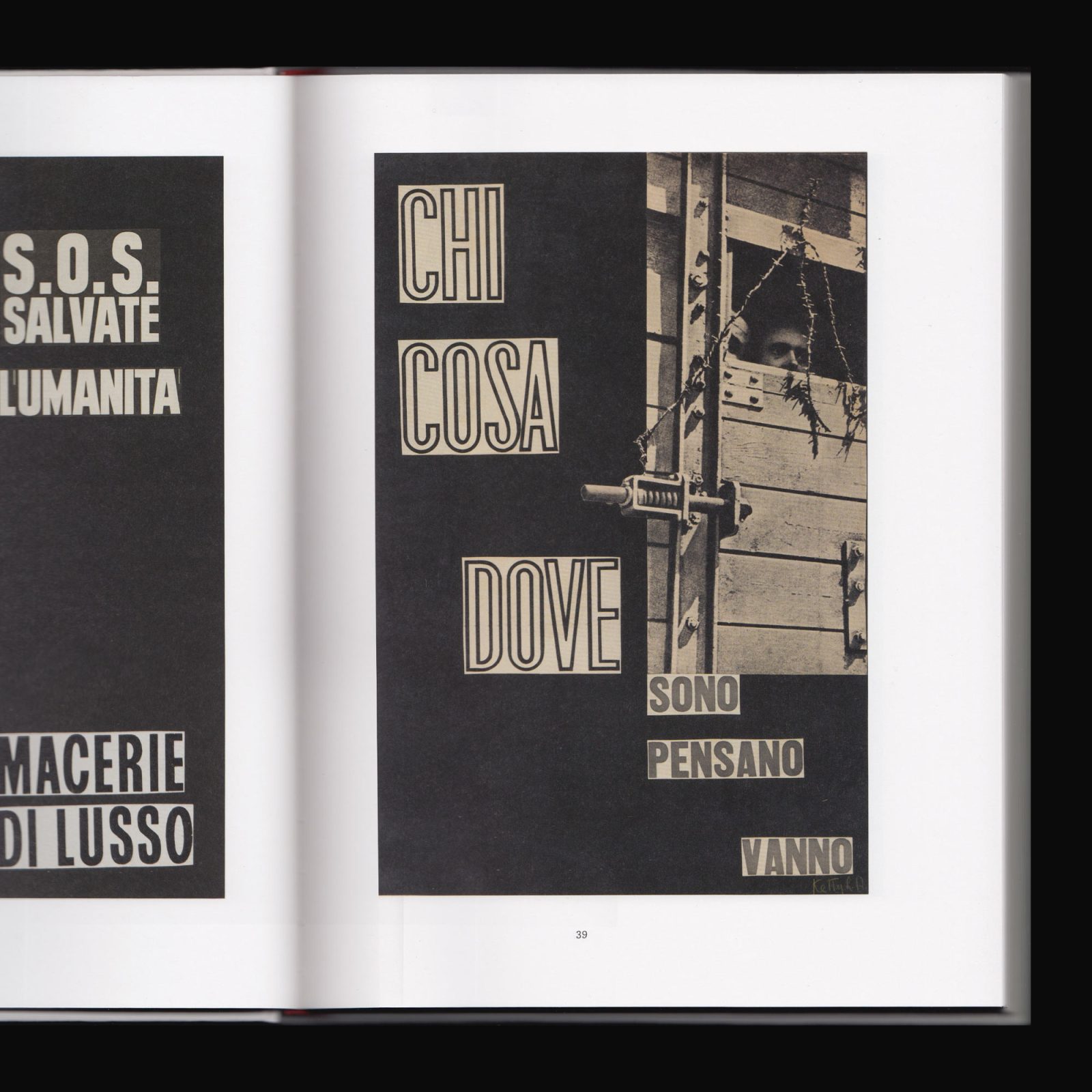
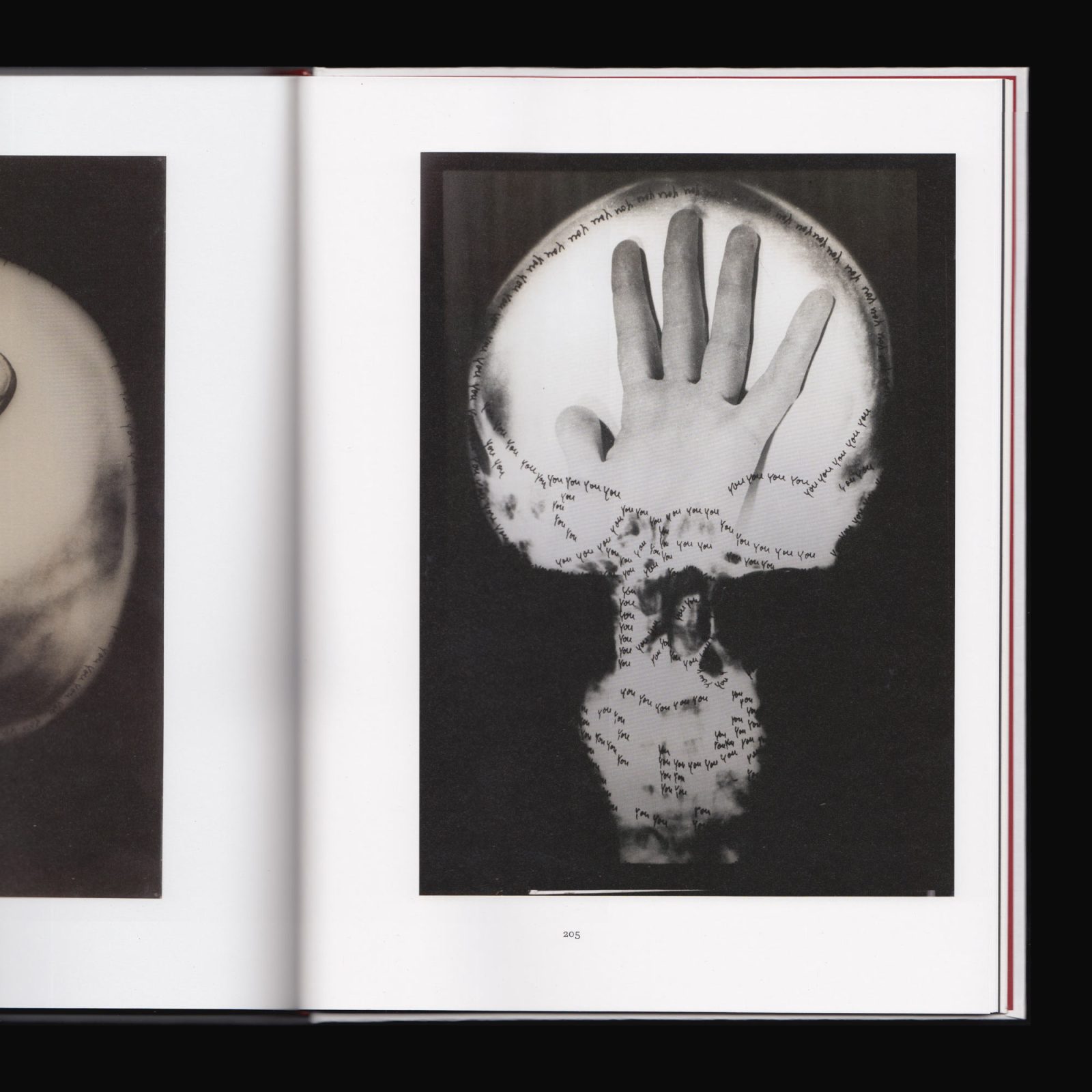
Initially, inspired by the experimental visual poetry of the mid-sixties, Ketty La Rocca critically investigated questions of communication in the age of mass media. She soon began addressing herself in her work as both an artist and a woman in a desire to find “another” language to express difference and the non-identical. She worked with collage, photography, video, text, drawing, and performance to develop a language of gestures and appropriated imagery of disempowerment. But her work was only granted the short time span of a decade’s production, during which she underwent a rapid artistic development with enormous energy and intelligence.
This book is the first international monograph on Ketty La Rocca’s works and writings. With texts by Emi Fontana, Pier Luigi Tazzi, Angelika Stepken and Ketty La Rocca
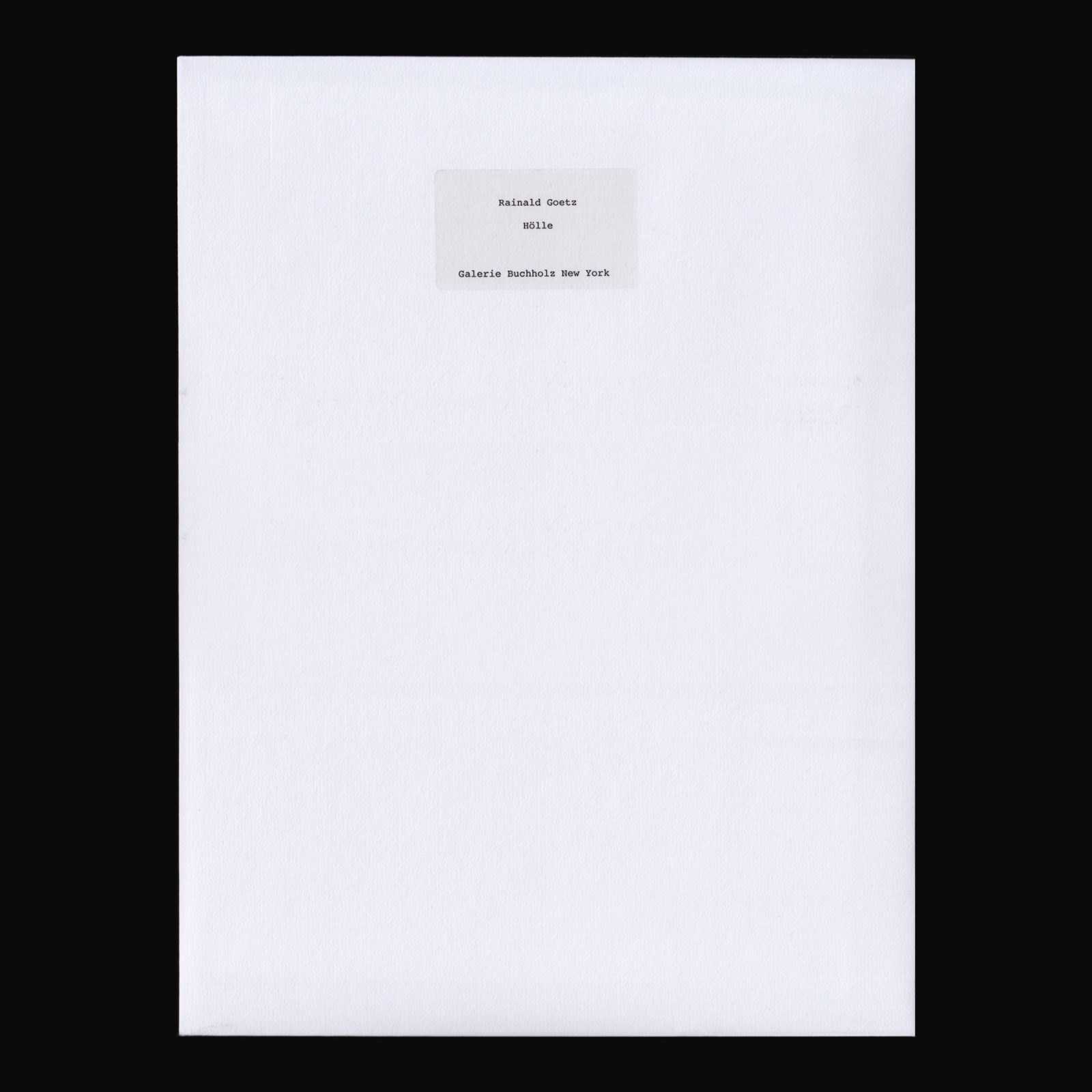
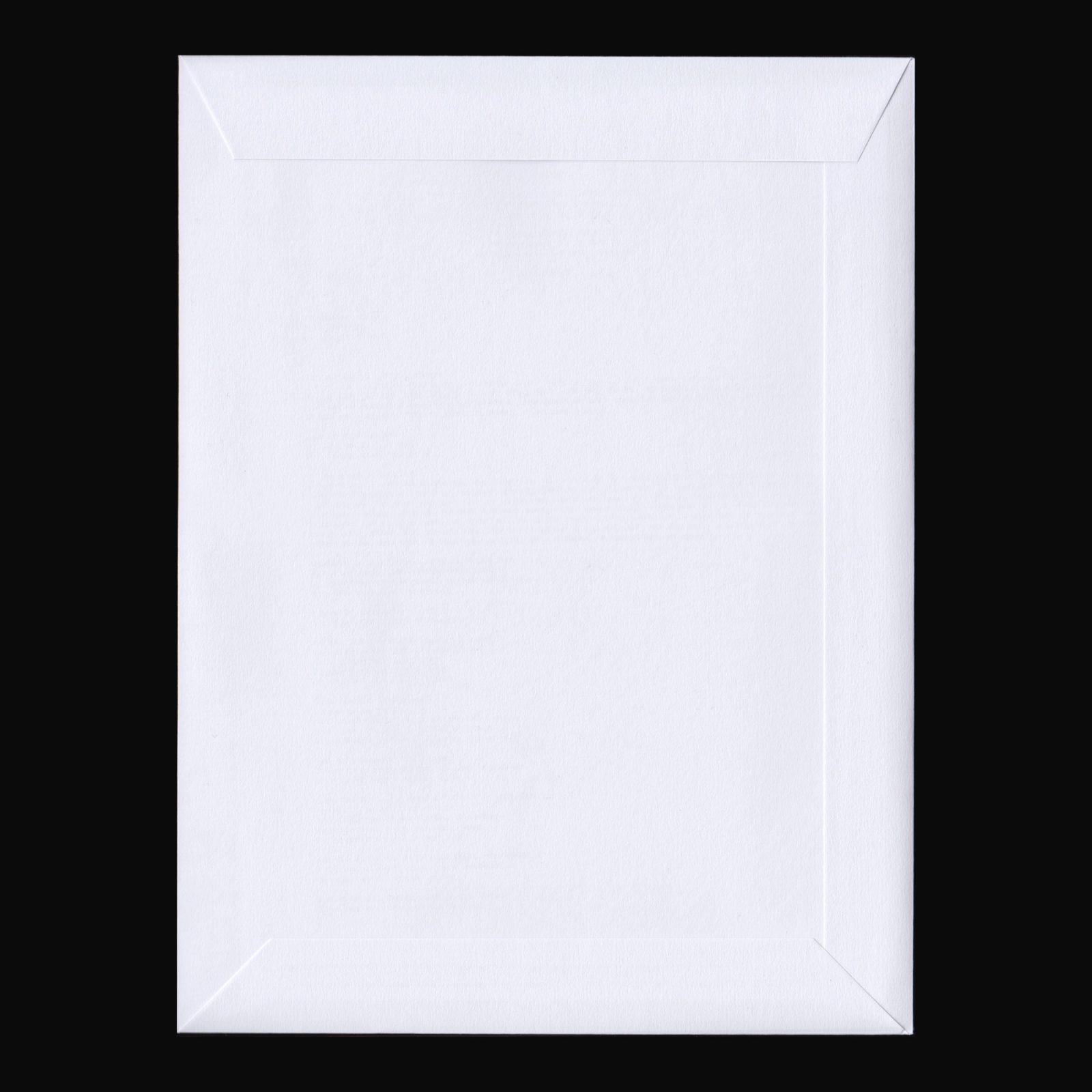
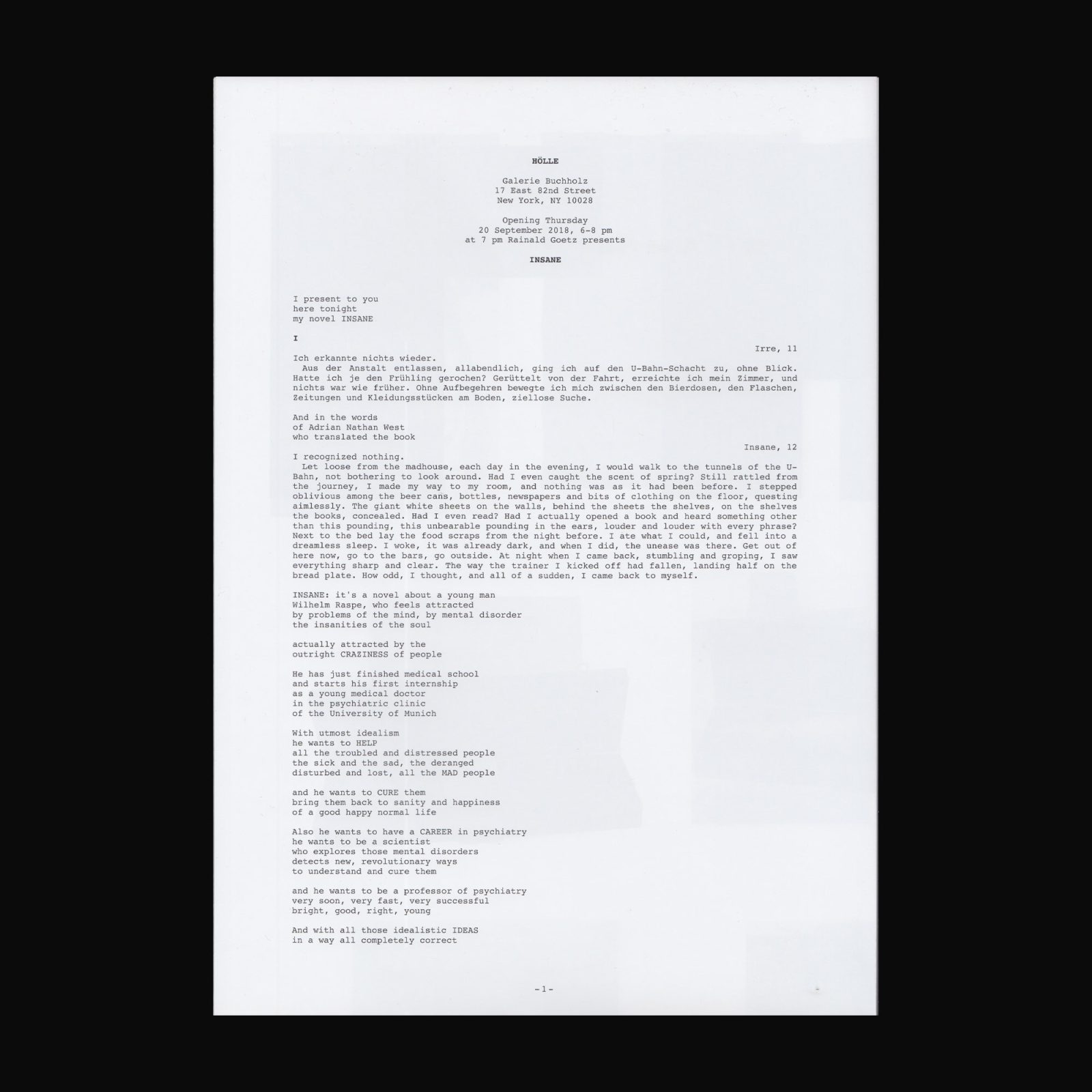
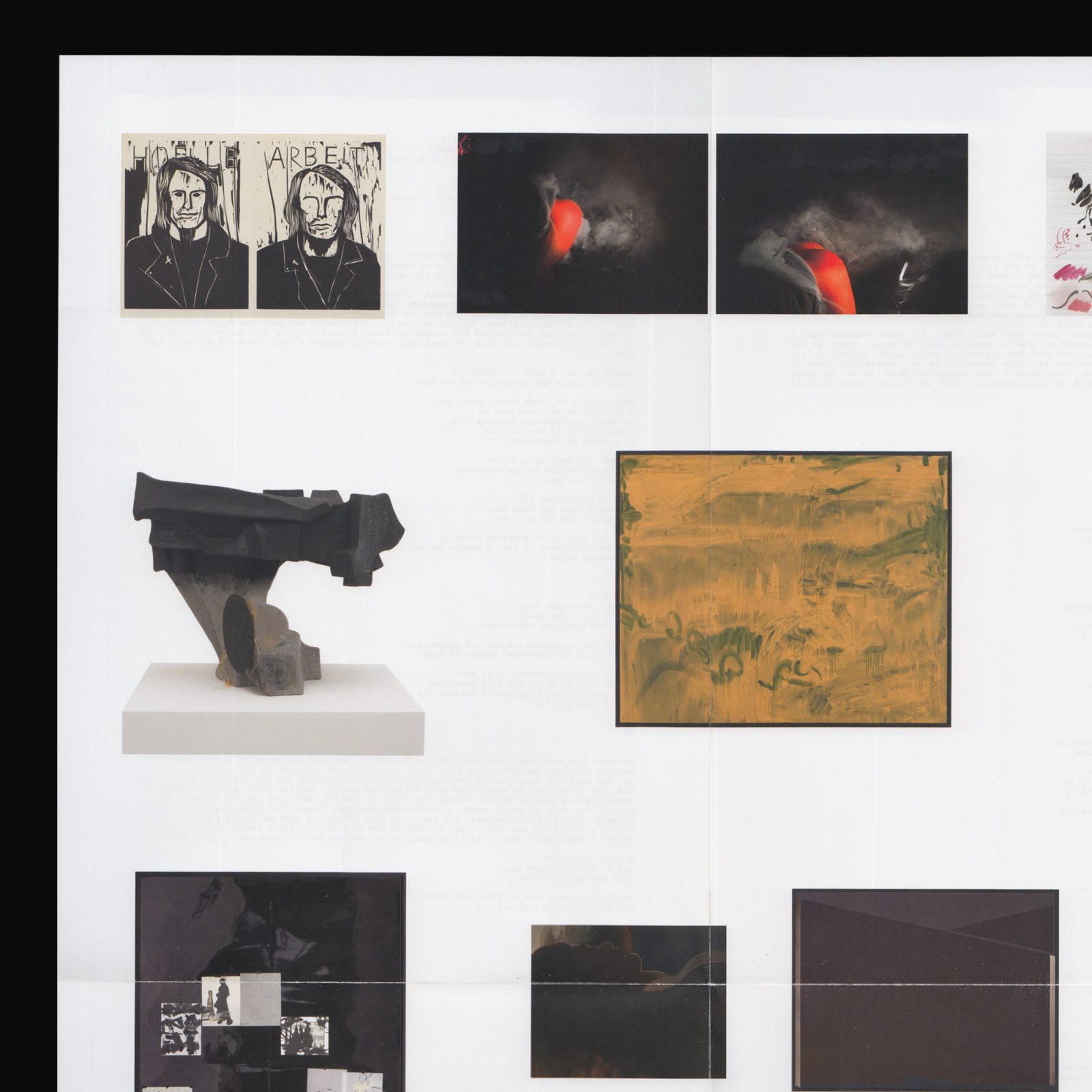
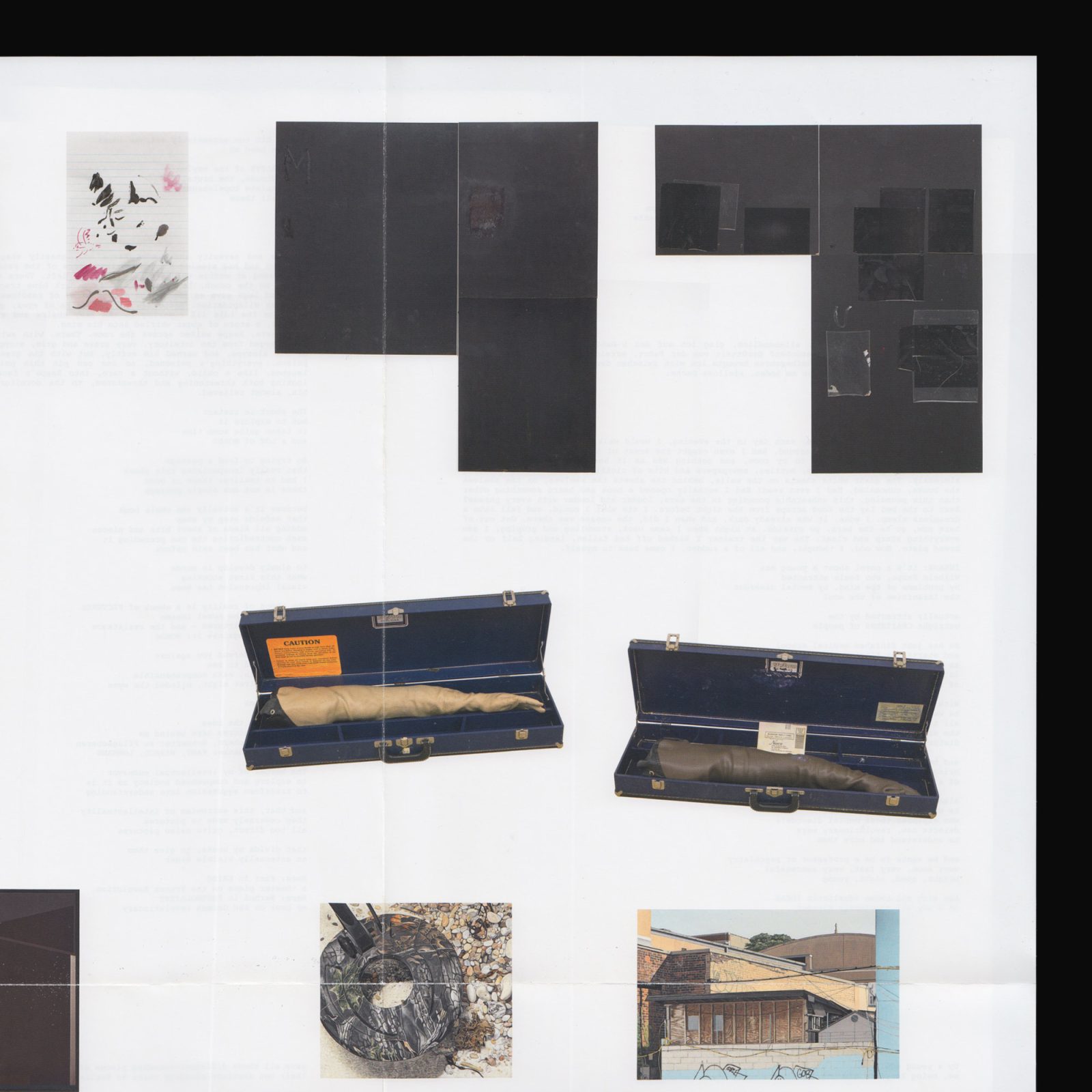
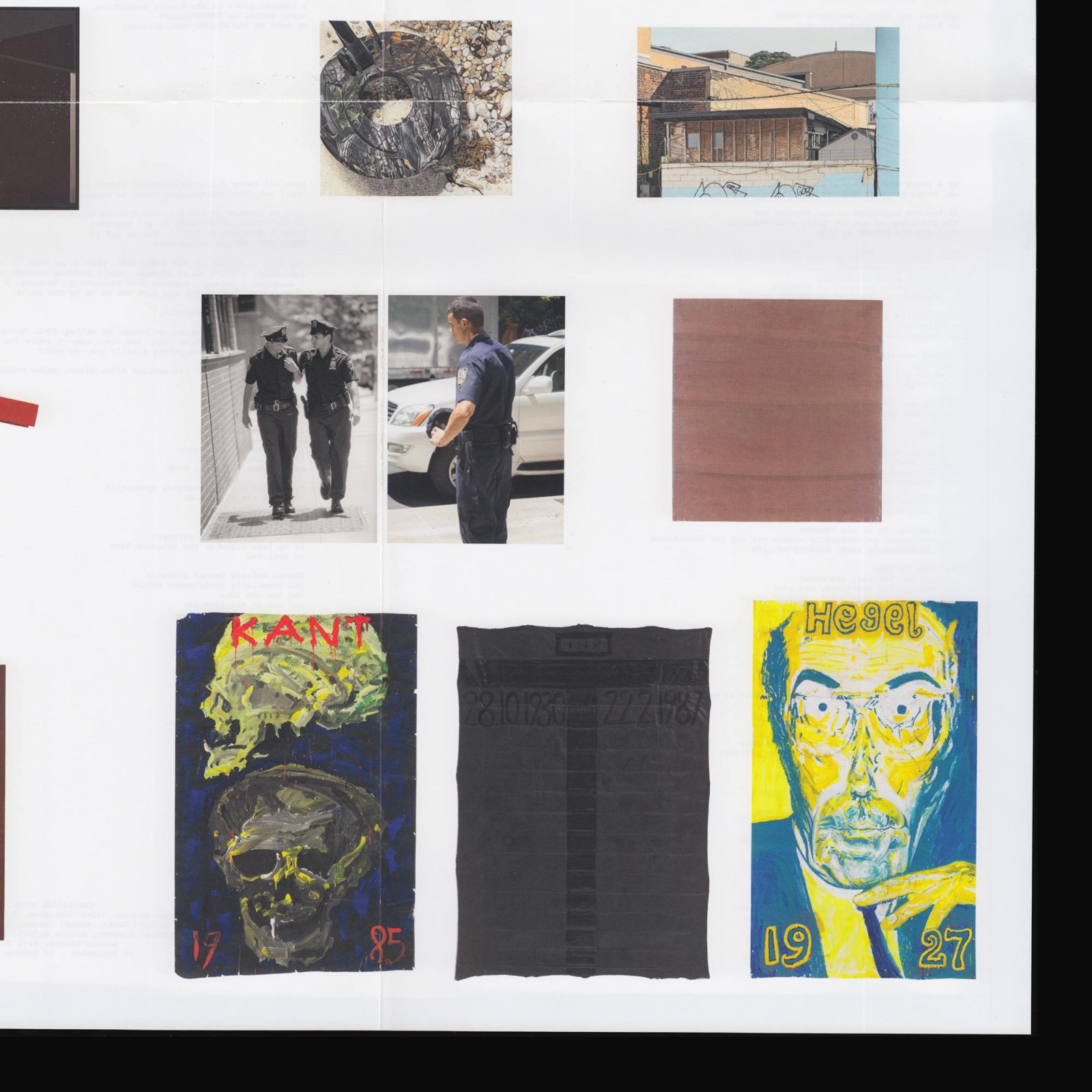
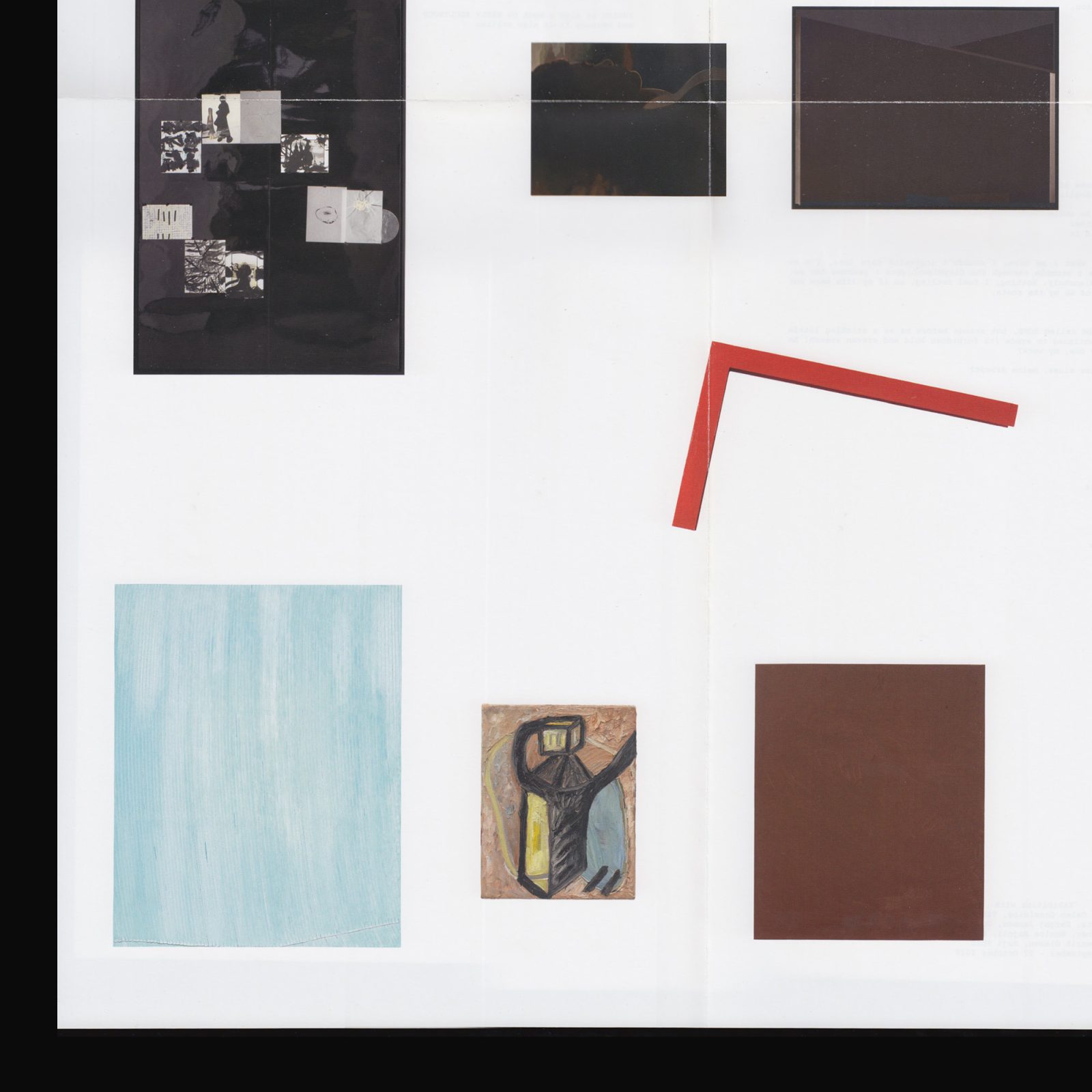
A poster with the transcript of Rainald Goetz’s presentation of the English translation of his novel Insane on the occasion of the exhibition opening for the group exhibition Hölle in September 2018 at Galerie Buchholz New York, featuring new or selected works by Lutz Bacher, Caleb Considine, Vincent Fecteau, Rainald Goetz, Sergej Jensen, Jutta Koether, Michael Krebber, Monica Majoli, Albert Oehlen, Henrik Olesen, and Heji Shin.
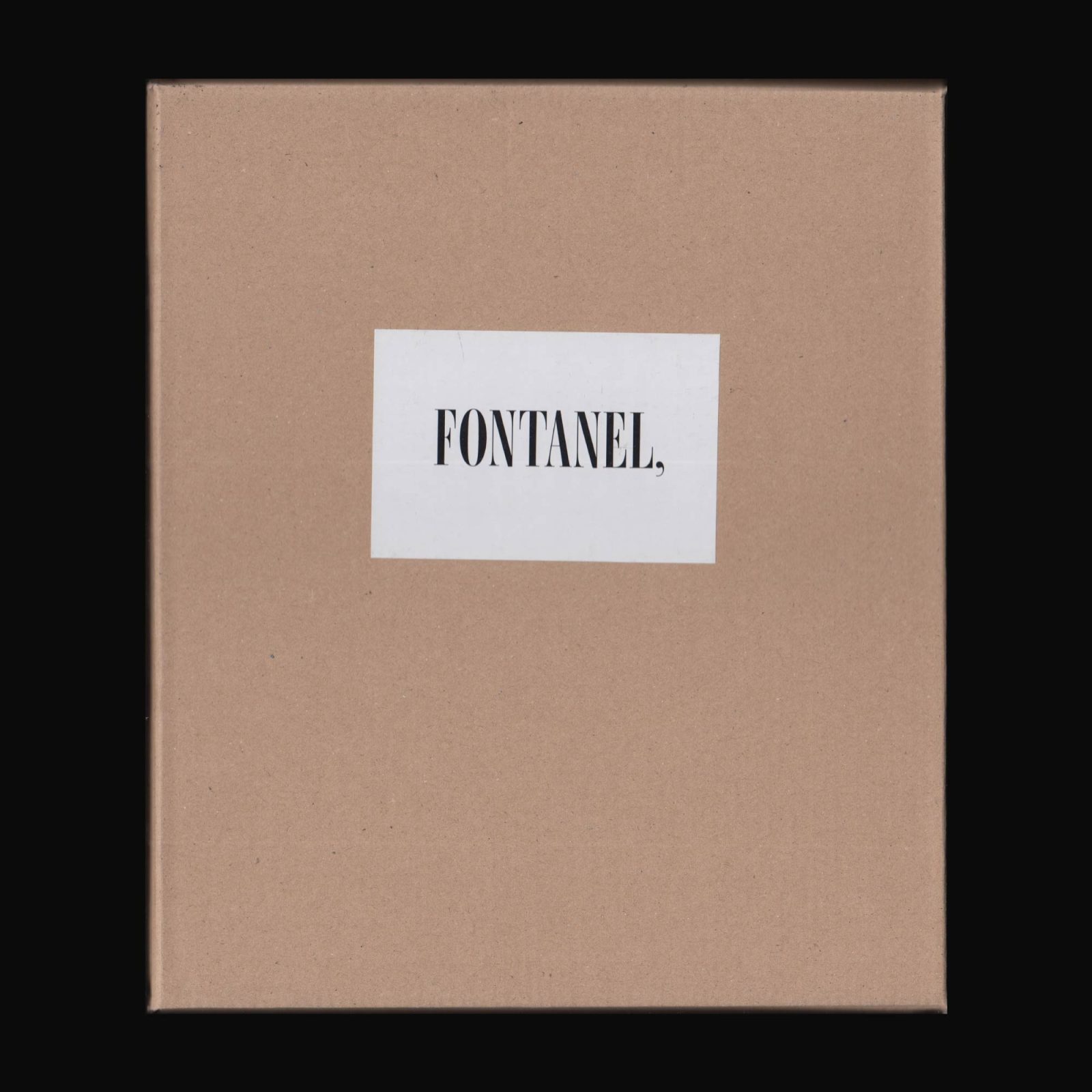
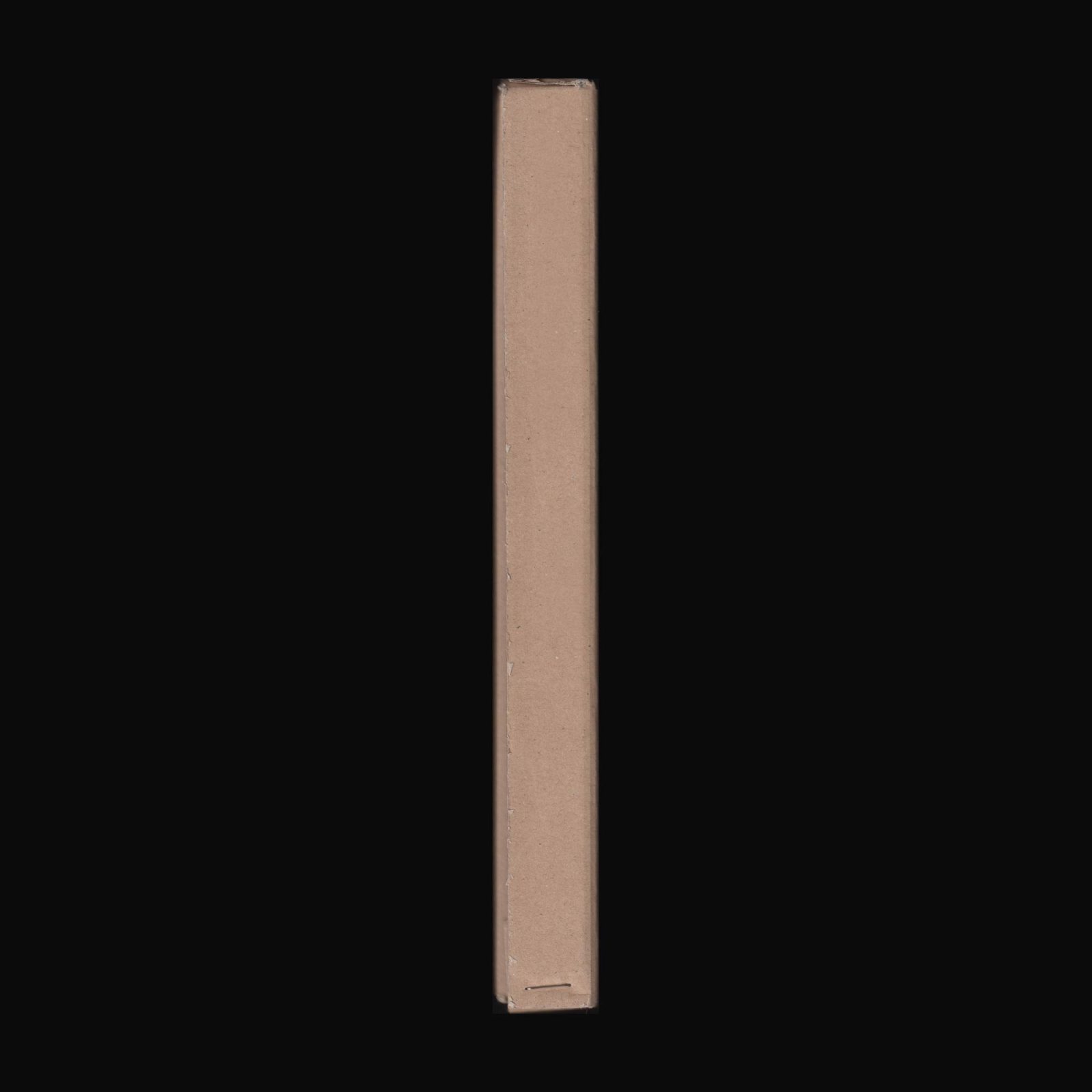
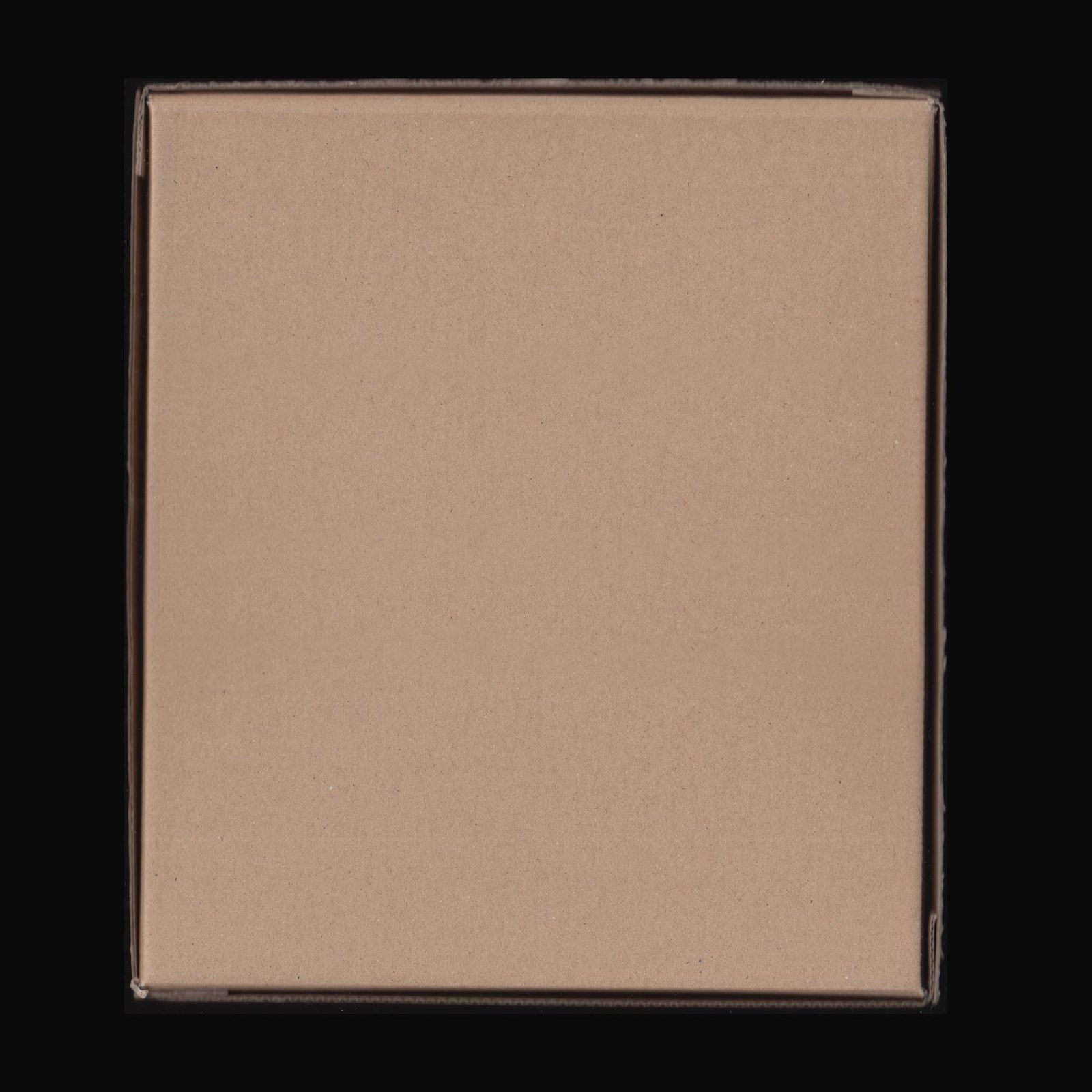



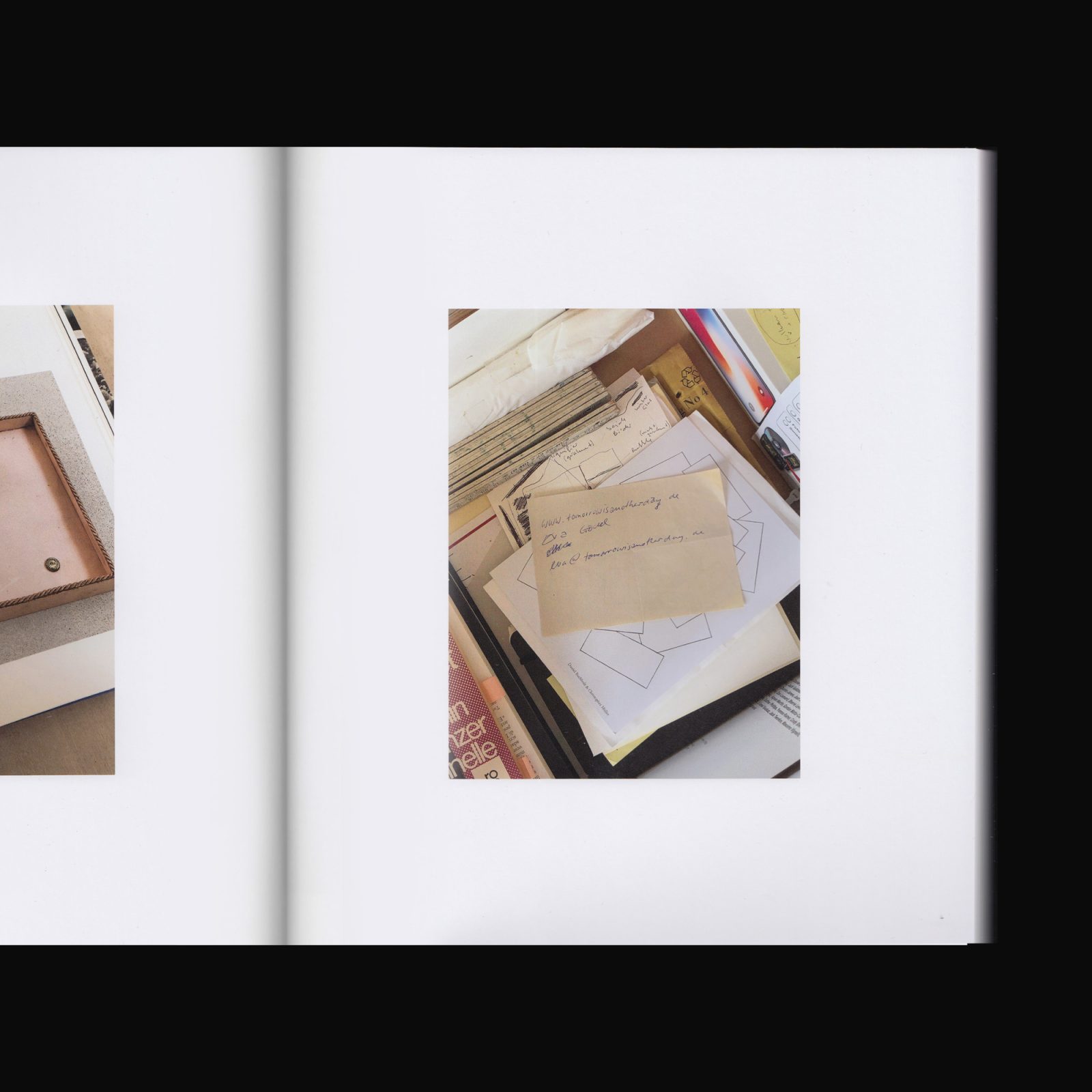
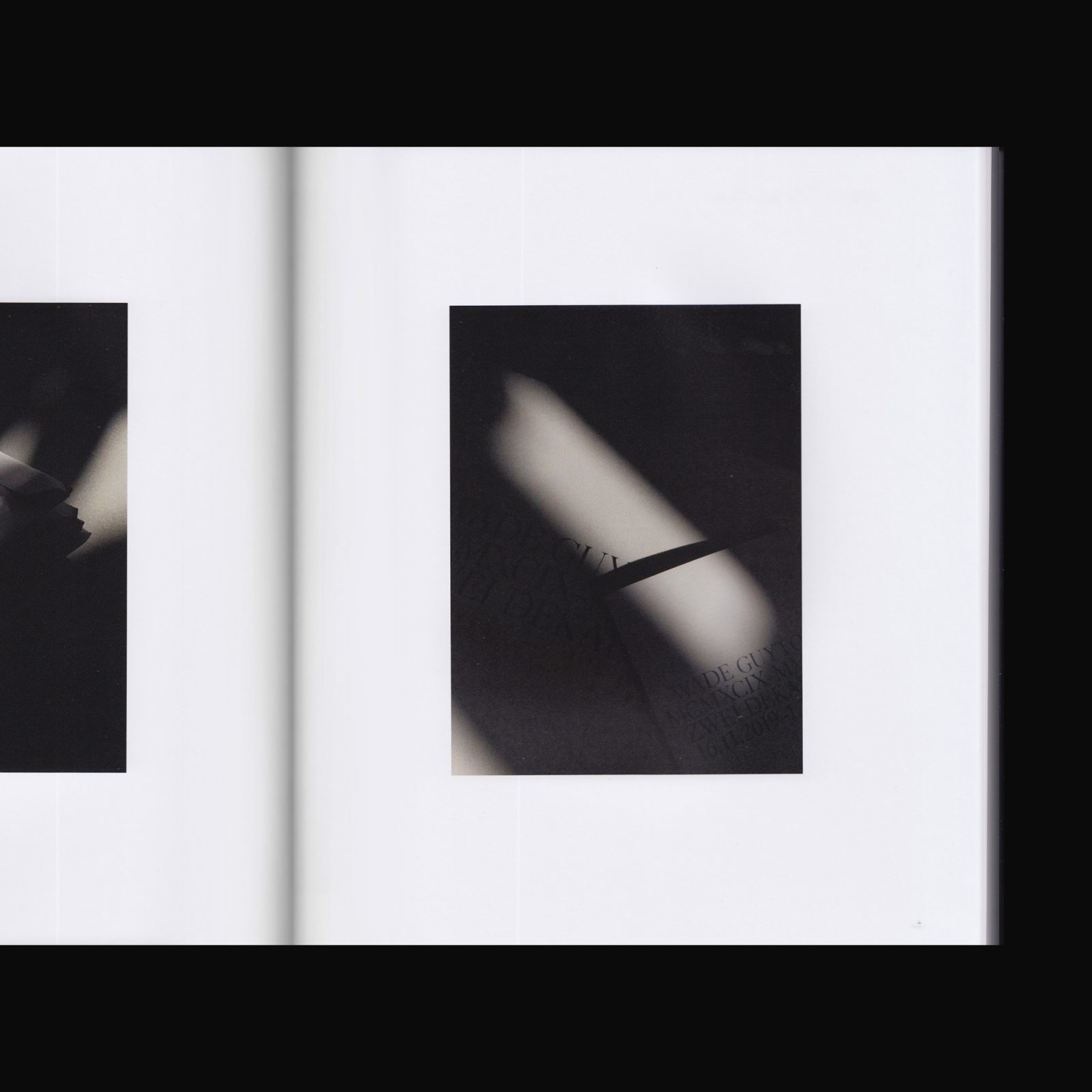
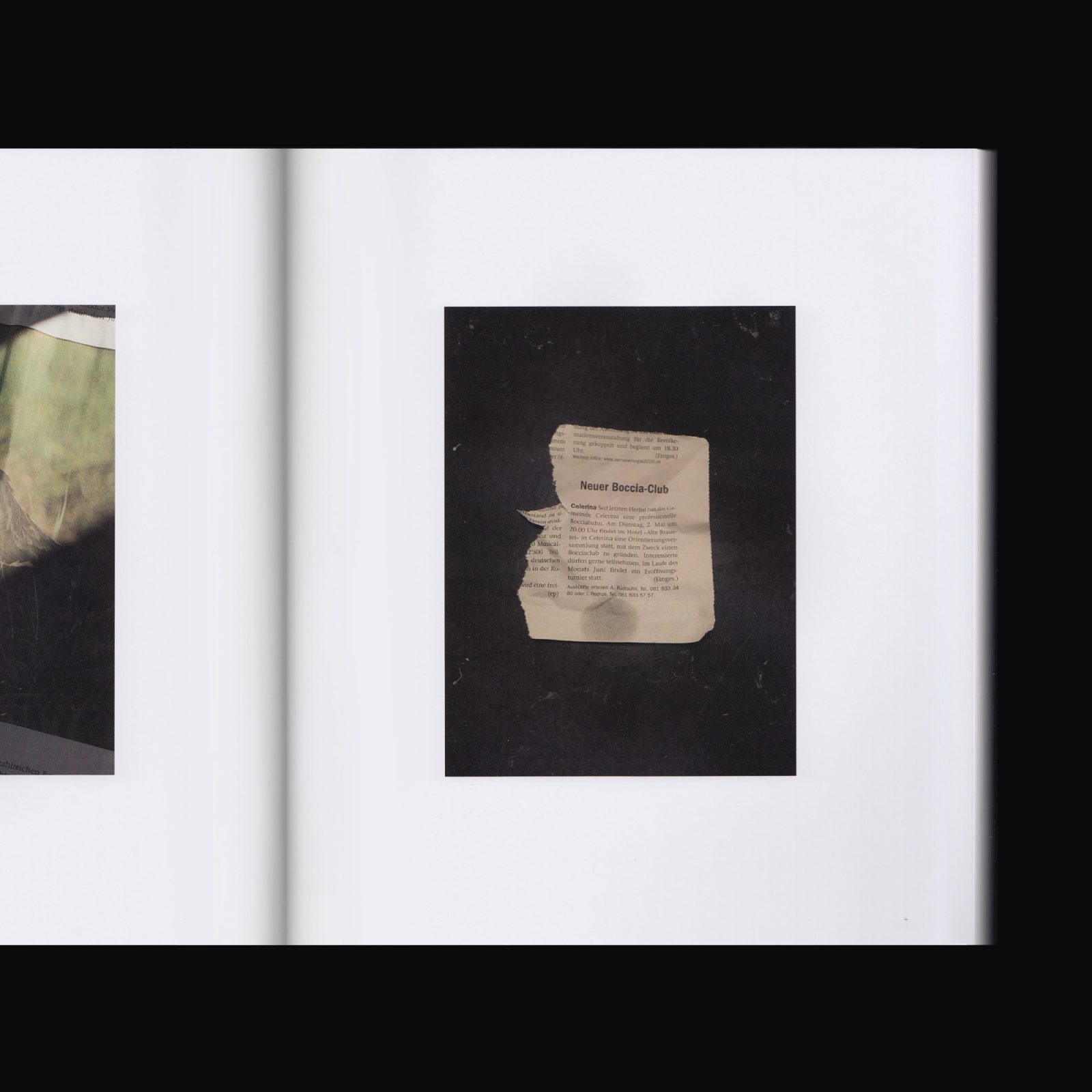
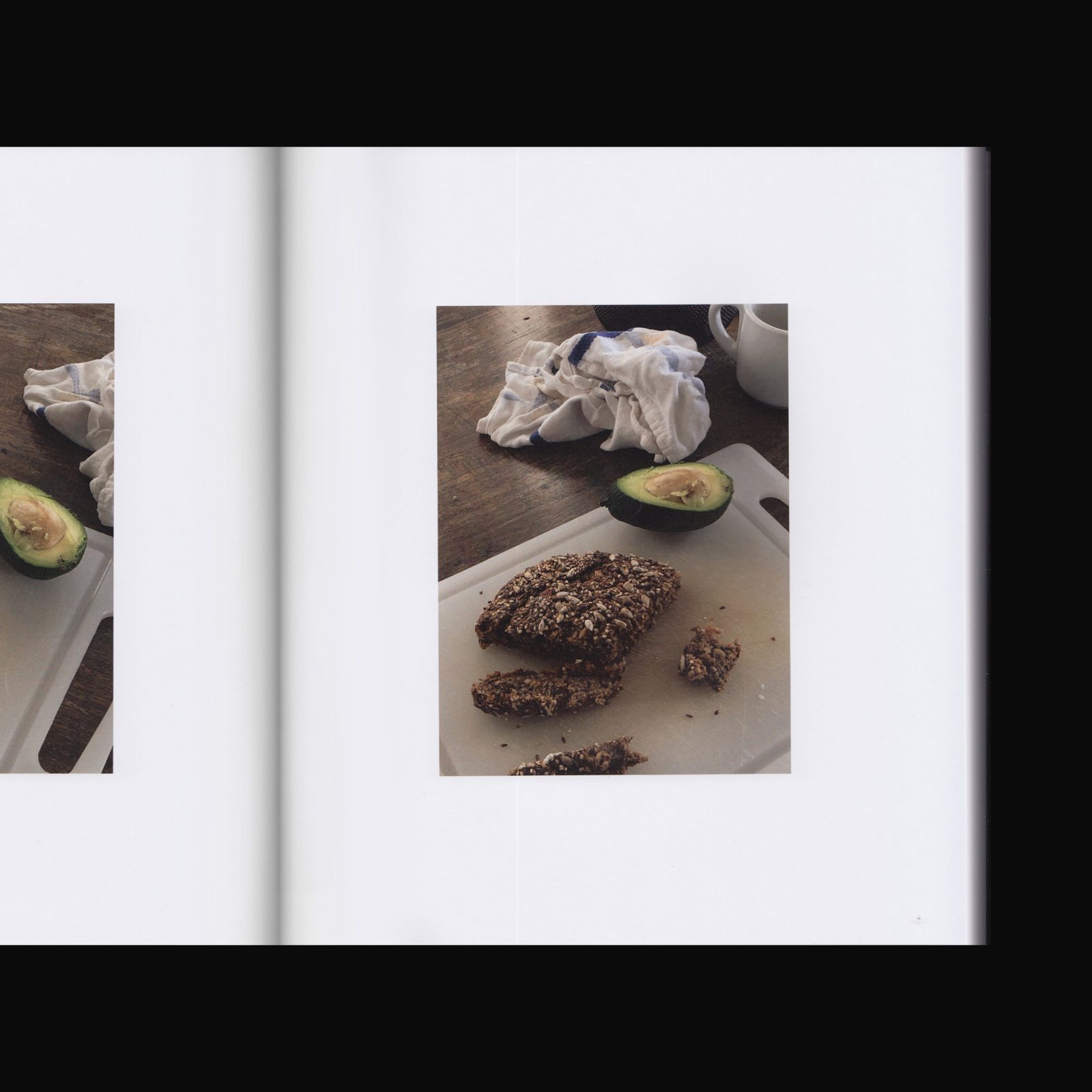
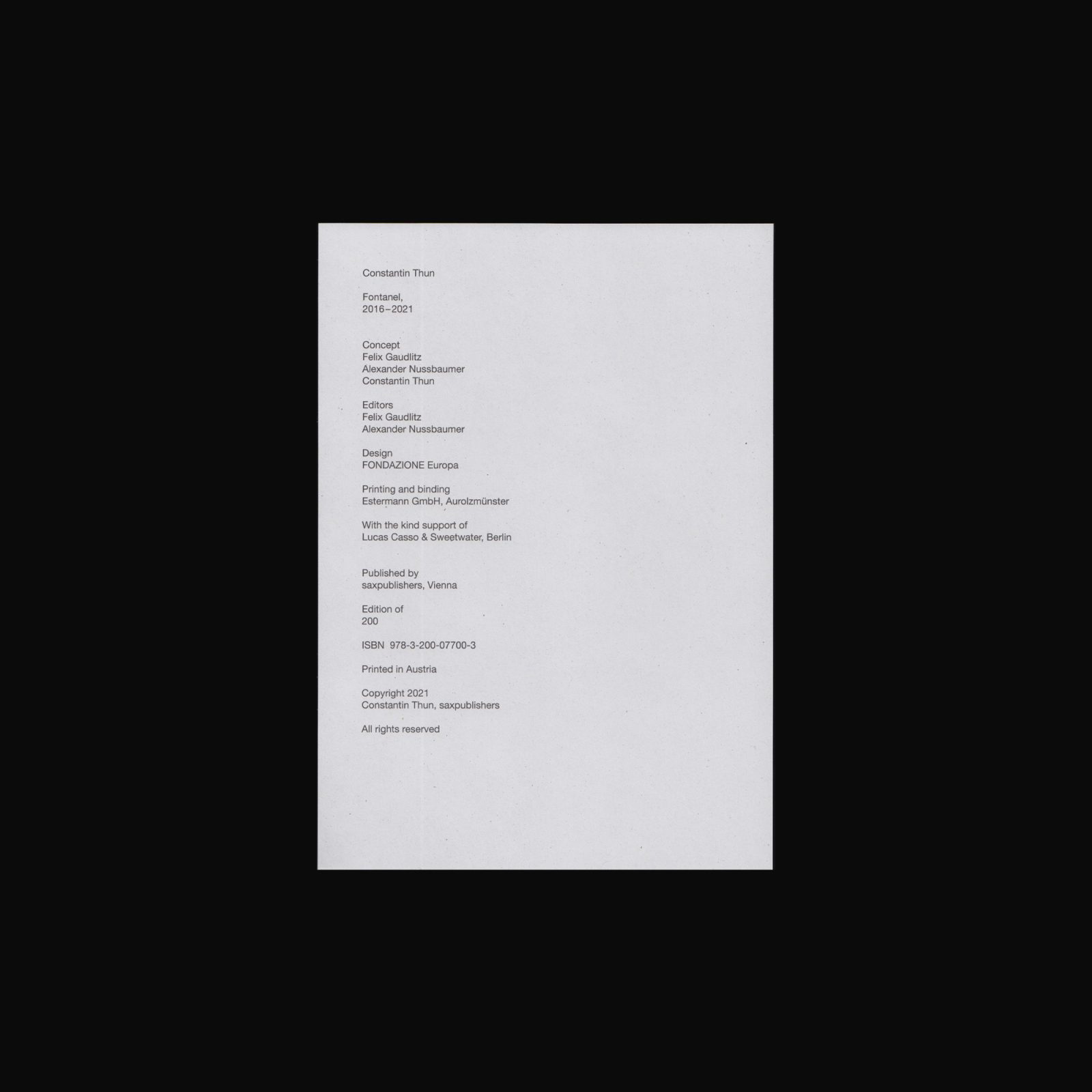
The publication Fontanel includes photographs by Constantin Thun taken in the artist’s apartment between 2016 and 2021. As embedded in Thun’s artistic practice of creating frameworks, challenging them, and drawing from them, his apartment is also considered such a framework and serves as a resource for the creation of new works. The identity of the resulting works is the sum of the information collected and repeatedly edited from the living spaces—whether in the form of notes made, books read, a quick snack, observations of one’s surroundings. Like the spaces themselves, the illustrated book with its snapshots also functions as an archive of these ephemeral conditions. Edition of 200.